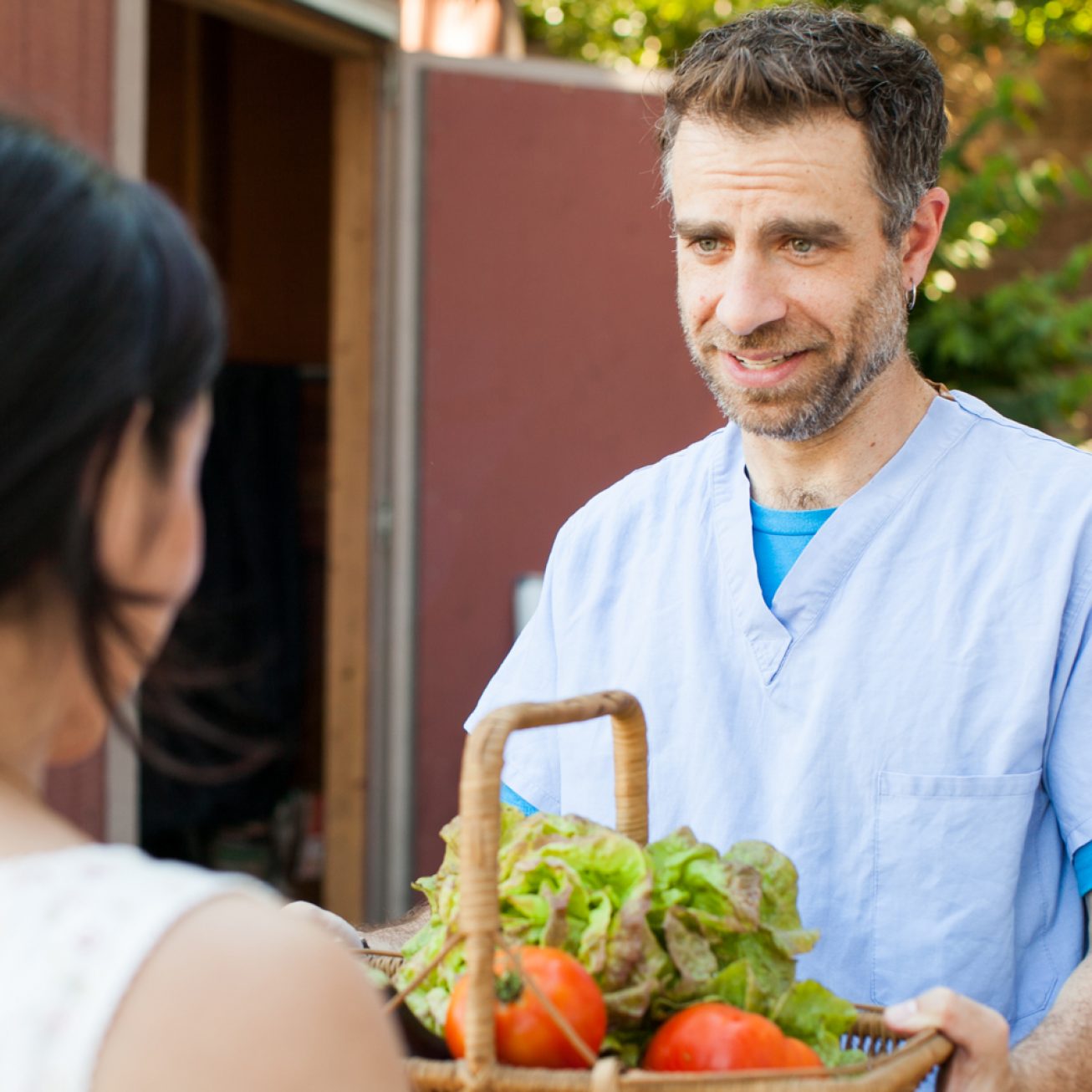Affordable health care transforms rural communities – by David Sarasohn
Affordable health care transforms rural communities – by David Sarasohn
March 6, 2017 – Dave Edwards has been working on a letter to his congressman. These days, of course, lots of people have been writing their congressmen, if only to ask if the congressman has any plans to hold a town meeting, or if he has any idea of what’s going on.
But Dave Edwards’ letter is turning out to be a little trickier. He’s the CEO of One Community Health, the public health provider straddling the Columbia Gorge, serving four counties in Oregon and Washington. His congressman, a Hood River neighbor, is Greg Walden, chairman of the House Energy and Commerce Committee, the pathway for the coming changes in the health care system.
And Edwards has a lot to tell him.
Under the Affordable Care Act, also known as Obamacare – which has expanded Medicaid and set up an exchange and subsidies to make it easier and more affordable to buy private insurance – One Community Health’s client roll has grown from 7,700 to 12,300. In a rural area where access isn’t always easy, the changes have strengthened and stabilized the health care infrastructure, opening up possibilities for both providers and patients.
“We used to see a lot of people who had gone bankrupt due to medical bills,” recalls Edwards. “With the Affordable Care Act, the number of people going bankrupt has plummeted to next to nothing.”
Some clients’ experience was more elemental. Elmer, an aging Washington carpenter in a down economy, hadn’t seen a doctor in eight years, and the sore on his nose kept gushing blood. He came by an OCH open clinic, where the sore was found to be basal cell cancer. OCH helped him get immediate coverage through expanded Medicaid, and arranged for him to have surgery at Oregon Health Sciences University – after an emergency extraction of several infected teeth that would have complicated the cancer operation.
Dr. Erica Didier, a family practice doctor in Hood River, thinks of another patient, a 45-year-old woman who cleans houses, and suffered from constant iron deficiency and exhaustion. With new insurance, she was able to start intravenous treatments, considerably improving her quality of life and ability to enjoy her family.
Since the Affordable Care Act took effect, explains Didier, “The difference has been night and day in terms of the care we’ve been able to provide.” Before then, “My day consisted of very difficult conversations with people, explaining that what I had learned in medical school would be the best treatment would not be available to them.”
Care for patients changed dramatically. But the ACA’S sizable improvement in the finances of OCH – along with clinics and hospitals around the country – made other advances possible. At a time when quality health care in rural areas is a deepening challenge, One Community Health now has two residencies training new doctors in rural health care, expanding opportunities and skills for communities where doctors and nurses can be as scarce as economic development.
Another of OCH’s innovations is Veggie RX, allowing providers who find their patients aren’t getting enough to eat to write them prescriptions for $30 worth of vegetables. In winter, the prescriptions are accepted at markets around the area; in summer, they’re used in the farmer’s markets that sprout in the Gorge like fruit trees, an investment strengthening and fertilizing the community in several ways. OCH isn’t the first operation to figure out the connection between nutrition and health; the link is just more glaring at the examination room level.
As Representative Walden devises a new health care policy, Dave Edwards hopes that on one of the congressman’s trips home to Hood River, he might come visit One Community Health. It hasn’t happened yet, but the legislative process is likely to take a while.
Until then, Edwards works on his letter to Walden. One reason that finishing it has been tricky is that in Edwards’ draft, he says that tossing the Affordable Care Act without somehow providing for the people One Community Health treats, would be “genocide against the poor of America.”
He’s trying to find a nice way to say that.
